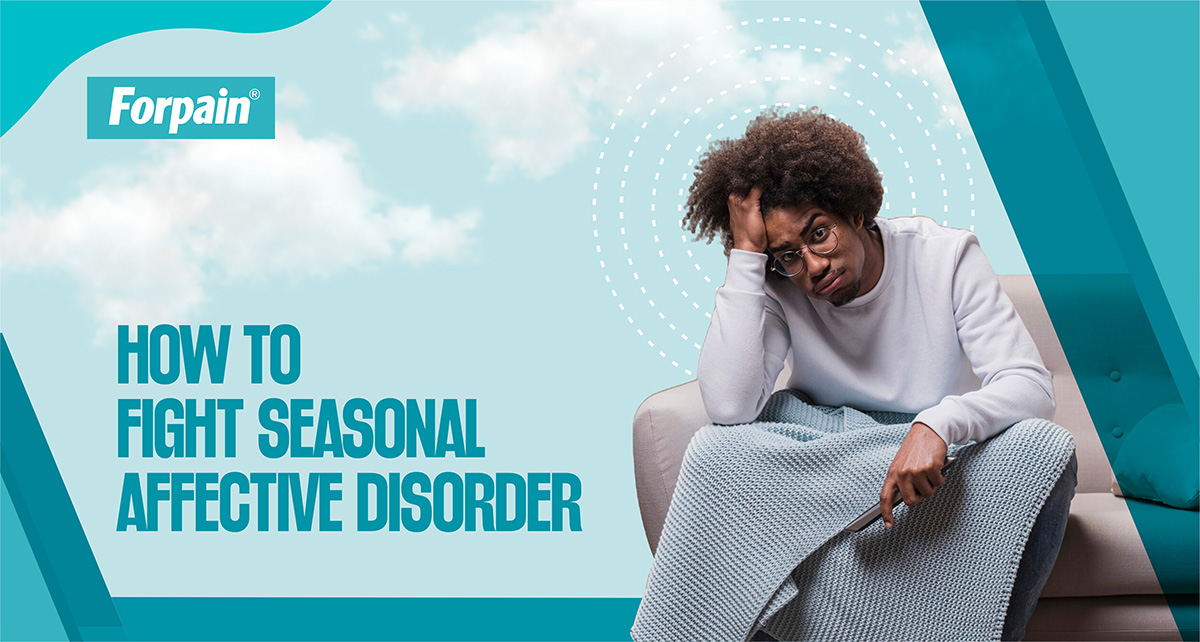
How To Fight Seasonal Affective Disorder
Seasonal affective disorder (SAD) is a type of depression that occurs during the winter months. It is characterized by changes in mood, appetite, sleep patterns, and energy levels. While there is no cure for SAD, there are several strategies that can help manage its symptoms and improve overall well-being.
1. Light Therapy
Light therapy is a popular treatment method for SAD. It involves sitting in front of a specialized light box that provides exposure to bright light. This light helps regulate the brain's production of serotonin, a neurotransmitter involved in mood regulation. Light therapy has been shown to improve symptoms and increase energy levels.
2. Exercise
Engaging in regular physical activity can be beneficial in managing SAD. Exercise releases endorphins, which are natural mood boosters. It can also help improve sleep quality and regulate sleep patterns, which are disrupted in SAD. Aim for at least 150 minutes of moderate-intensity aerobic exercise per week, and incorporate strength training exercises at least two days a week.
3. Healthy Diet
A well-balanced diet can support mental well-being. Make sure to include plenty of fruits, vegetables, whole grains, lean proteins, and healthy fats in your diet. Limit intake of processed foods, added sugars, and caffeine. Avoid excessive alcohol consumption, as it can lead to mood swings and disrupt sleep patterns.
4. Social Support
Social support from friends and family can be invaluable in managing SAD. Stay connected with loved ones, attend social events.
5. Manage Stress
Stress can contribute to the development and maintenance of SAD. Take steps to manage stress levels, such as practicing mindfulness, engaging in relaxation techniques, and setting realistic goals. Prioritize self-care activities, such as engaging in hobbies, pursuing hobbies, and practicing good time management.
Remember, everyone's experience with SAD is unique, and what works for one person may not work for another. It's important to seek professional help if needed and experiment with different strategies to find what works best for you.


